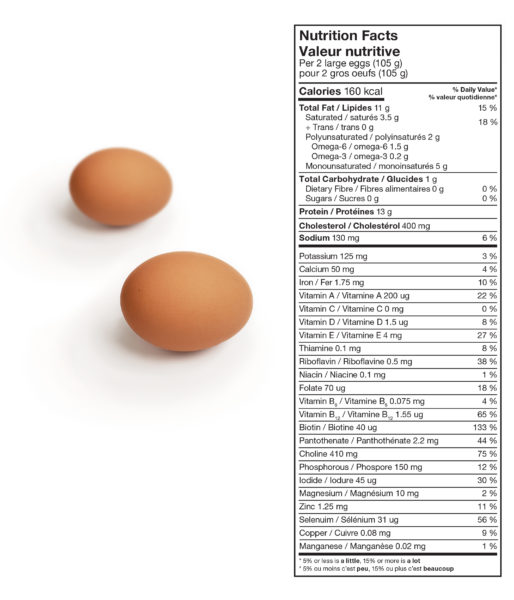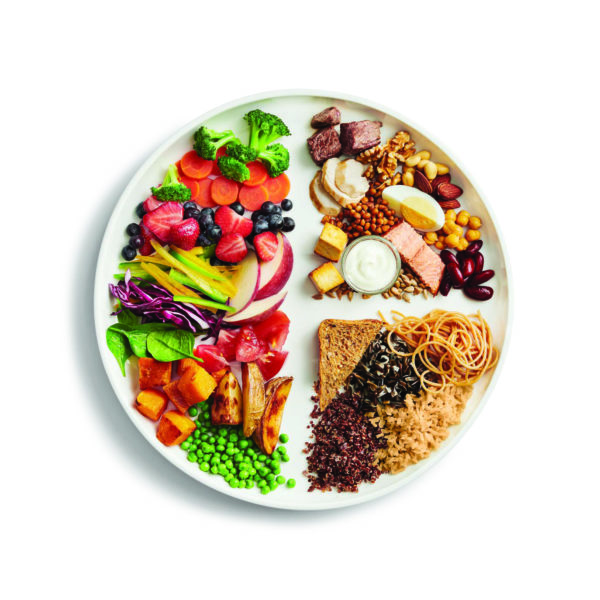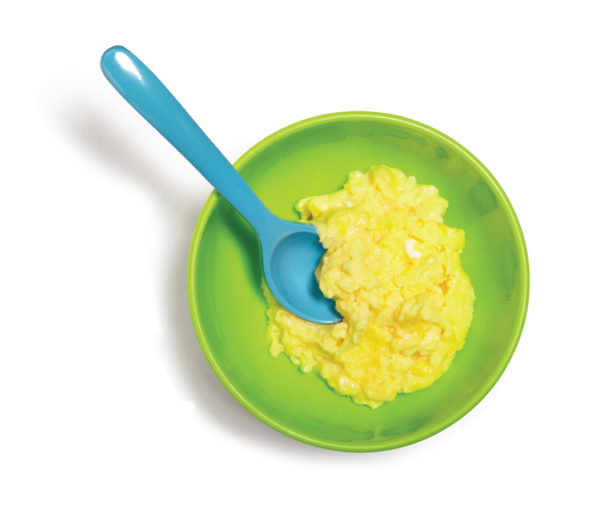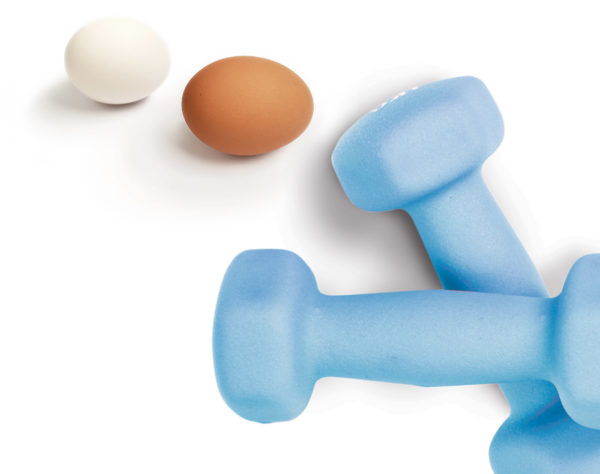250-32160 South Fraser Way
Abbotsford, B.C., V2T 1W5 Canada
Abbotsford, B.C., V2T 1W5 Canada
Stay In Touch
Join our email list and we’ll keep you
posted on the latest BC Egg news
One large egg contains 6.5 grams of protein, all 9 essential amino acids, and 14 key nutrients that help maintain healthy bones, teeth, skin and eyes. All for only 80 calories!

![]() Vitamin B12 helps protect against heart disease.
Vitamin B12 helps protect against heart disease.
![]() Choline is an important nutrient for brain development and is especially important for babies and toddlers.
Choline is an important nutrient for brain development and is especially important for babies and toddlers.
![]() Lutein and Zeaxanthin help maintain good vision and may reduce the risk of age-related eye disease.
Lutein and Zeaxanthin help maintain good vision and may reduce the risk of age-related eye disease.
![]() Selenium helps prevent the breakdown of body tissues.
Selenium helps prevent the breakdown of body tissues.
![]() Iron in eggs is easily absorbed by the body and carries oxygen to the cells.
Iron in eggs is easily absorbed by the body and carries oxygen to the cells.
![]() Folate (B9) helps produce and maintain new cells and helps protect against serious birth defects during pregnancy.
Folate (B9) helps produce and maintain new cells and helps protect against serious birth defects during pregnancy.
![]() Vitamin D and Phosphorus help strengthen bones and teeth.
Vitamin D and Phosphorus help strengthen bones and teeth.
![]() Vitamin A helps maintain healthy skin and eye tissue and assists in night vision.
Vitamin A helps maintain healthy skin and eye tissue and assists in night vision.
![]() Vitamin E is an antioxidant that plays a role in preventing disease.
Vitamin E is an antioxidant that plays a role in preventing disease.
Whether you buy conventional eggs or organic eggs, free run or free range, or choose white over brown you are getting the same nutrition. All eggs have the same nutritional values and all the same great vitamins and minerals.
There are a few “egg-ceptions” to this rule, but it’s got nothing to do with how the hens are housed. Curious? Check out our “Egg Labels 101” page for more!


Saturated fats raise LDL (the “bad”) cholesterol more than cholesterol in the food you eat, meaning that foods lower in saturated fats like eggs, fish and other lean proteins are healthier options than fatty meats, full-fat dairy, fried or processed foods. But be mindful of how you’re cooking your healthy eggs! Frying your eggs in saturated fats like lard or butter, or serving your eggs with high fat foods like bacon, can compromise the heart-healthy benefits eggs bring to your plate.
A healthy eating guide is to divide your plate in half – half of your plate should be veggies. Divide it in half again – a quarter of your plate should be healthy whole grains, and the other quarter should be lean proteins, like eggs!
Learn more at Canada.ca/FoodGuide.


Health Canada, the Canadian Pediatric Society and Dietitians of Canada recommend introducing whole eggs to the diet of your infant at 6 months, or as soon as they’re able to eat solid foods.
Eggs are an excellent source of high-quality protein, exactly what’s needed to repair and build muscle during a workout. With 6.5 grams of protein and just over 5 grams of fat (of which only 1.25 grams are saturated) eggs are healthier than many protein bars or shakes.
When snacking on your eggs, don’t forget the yolk! Whole eggs stimulate muscle growth more than egg whites alone, and the yolk contains most of the nutrients in an egg.
